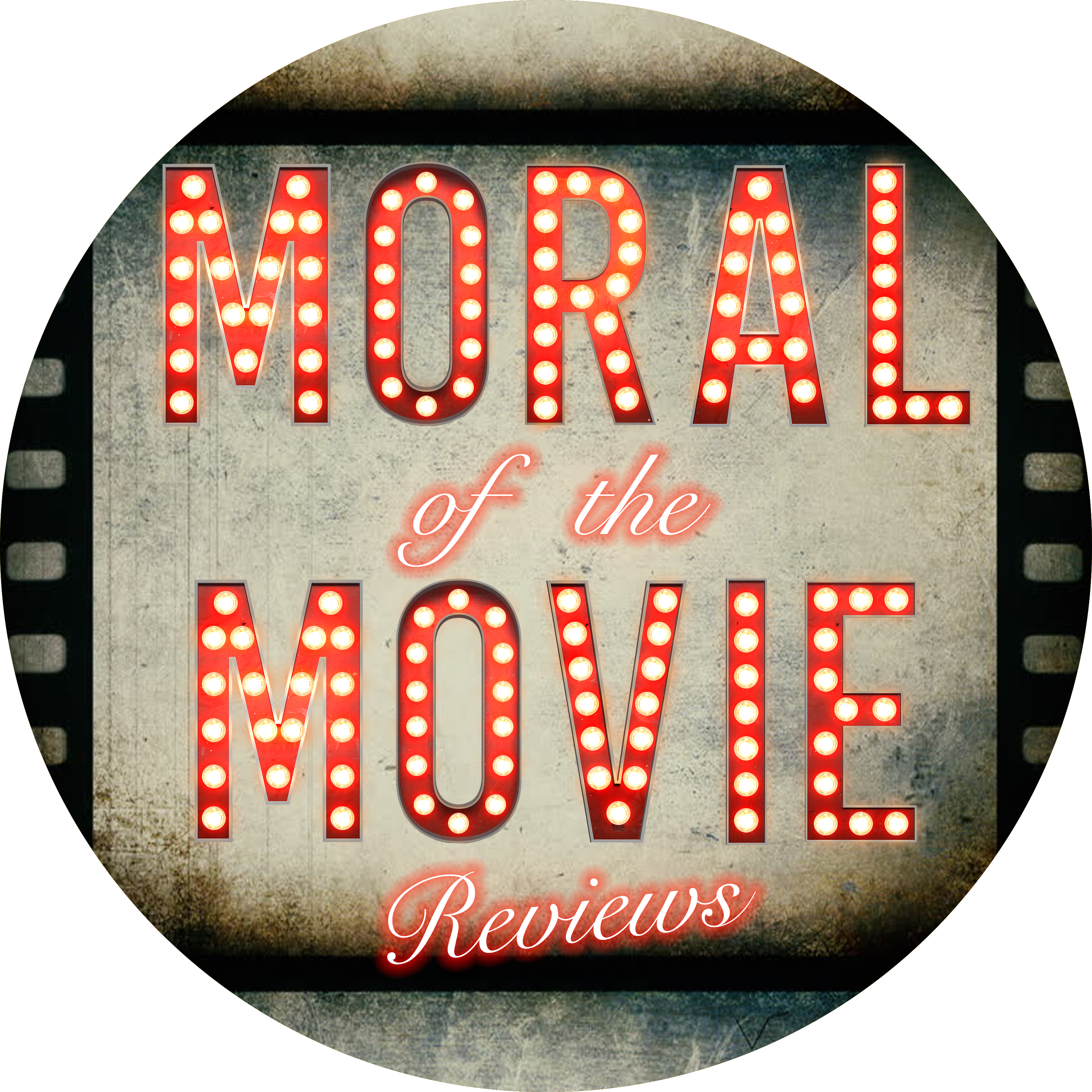
Moral of the Movie - Review
Jojo Rabbit (2020)
Satire/Comedy/Drama, Directed by Taika Waititi | Rating: Marriage Material | Published: Sept. 2, 2022, 10:06 a.m.

|

|
MORAL OF THE MOVIE
Prejudice, hatred, and racism are all learned. The good news is that anything that is learned can be unlearned, but it’s dependent upon a sense of self-awareness, understanding, and empathy.
WHO I THINK WOULD MOST ENJOY THIS MOVIE
Fans of satirical comedies like Death of Stalin who like to read between the lines. Also, it’s safe to say that this movie isn’t for the easily offended; rather, it’s best fit for people who can look at the big picture.
ADDITIONAL NOTES/COMMENTARY
I am an avid fan of Taika Waititi’s films: Thor Ragnarok, Hunt for the Wilderpeople, What We Do in the Shadows, etc. One of Waititi’s signature skills is his ability to combine comedy among tragic contexts. In Jojo Rabbit (Best Adapted Screenplay Oscar Winner), the ridiculousness of Nazism and generalized hatred is highlighted through the satirical format. Despite the absurdity, it was all too real and Waititi doesn’t hesitate to remind us about the dire consequences of these ridiculous ideals. The film walks the fine line between the tragedy and the comedy of it all beautifully as it shows the baseless racism/hatred for what it is in the comedy while also demonstrating its lethal effects in the tragedy. This is quite the fine line to play with because it could lead to interpetations of trivializing the Holocaust and Nazi sympathies if not done properly; in my opinion, Jojo Rabbit did it just right and steered clear of these interpretations. Now, I don’t know if you would call this movie a feel-good movie given the serious context that it is set in, but the way that the subject matter is dealt with makes one optimistic about how one can combat racismI am an avid fan of Taika Waititi’s films: Thor Ragnarok, Hunt for the Wilderpeople, What We Do in the Shadows, etc. One of Waititi’s signature skills is his ability to combine comedy among tragic contexts. In Jojo Rabbit (Best Adapted Screenplay Oscar Winner), the ridiculousness of Nazism and generalized hatred is highlighted through the satirical format. Despite the absurdity, it was all too real and Waititi doesn’t hesitate to remind us about the dire consequences of these ridiculous ideals. The film walks the fine line between the tragedy and the comedy of it all beautifully as it shows the baseless racism/hatred for what it is in the comedy while also demonstrating its lethal effects in the tragedy. This is quite the fine line to play with because it could lead to interpetations of trivializing the Holocaust and Nazi sympathies if not done properly; in my opinion, Jojo Rabbit did it just right and steered clear of these interpretations. Now, I don’t know if you would call this movie a feel-good movie given the serious context that it is set in, but the way that the subject matter is dealt with makes one optimistic about how one can combat racism. At face value, the film is about a boy’s coming-of-age during twisted circumstances, but at the heart of it, the mother-son relationship (Scarlett Johansson deservedly got a Best Supporting Actress nomination for this role) carries the film’s emotional baggage and embodies the moral of the movie. The use of Hitler as an imaginary friend (and the progress of Jojo’s ability/inability to tie his shoes) worked very well as a symbol that represents Jojo’s immaturity. This coming-of-age story symbolizes how racism and hatred are immature behaviors that we learn and need to grow out of in order to become truly mature adults. In terms of performances, the cast is led by a terrific child actor in Roman Griffin Davis that was able to walk the aforementioned fine line. Waititi has quite a good track record working with child actors (See: Hunt for the Wilderpeople) and this film is no exception. Alfie Allen was also quite the revelation as he delivered some of the more memorable lines in the film and formed part of the phenomenal supporting cast of characters (Sam Rockwell was especially good as well). In the end, Jojo Rabbit will offer you a look into what some call Happy Sad Cinema as it walks the line between tragedy and comedy to convey its moral about hatred that, while set in World War 2, is still very applicable to this day.
Sign Up For Updates!
Never miss the opportunity to learn a moral from film, television, and video games again! Submit your name and e-mail to receive updates whenever a new post is published!
Subscribe to the newsletter!